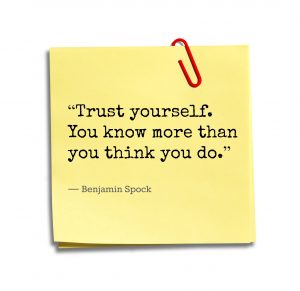Taking notes seems easy. Sure, you may have mastered the art of critical reading, but when it comes to learning, notes can make or break your semester. The key ingredient that differentiates a critical thinker from a person that aces the class is their note taking ability.
You need to know how to take notes efficiently.
And taking notes effectively doesn’t need to be an arduous task – you can learn in just one day.
These five methods will help you master the art of note taking:
1. Main Points Come First
Write down your main points first. These points will act as a point of reference and will help you jog your memory quickly to go back to earlier subject matter.
2. Summarise, Organise and Condense
Now comes the tedious part. After you’ve written down all of your main points, you need to summarise them, organise them and remove anything that is not necessary. Condensing your notes in this way will allow you to revise for exams and use your notes for future work.
If you don’t take this step when note taking, you’re wasting valuable time when referring back to your notes.
3. Think About Your Notes
Notes shouldn’t be a complete rewrite of the material learned. When it comes to notes, you need to know:
- What the assignment entails
- How you learn best
- The desired outcome from the course material
If you’re taking notes for vocabulary, your notes may be wordier than taking notes on a historical event. And don’t be afraid to use shorthand or even make pictures or diagrams to make your notes clearer for you.
4. Review Your Notes Often
While not related to actually taking notes, it’s essential for you to review your notes often to make the information “stick” in your memory. Spaced repetition has been shown to help students remember information faster and more efficiently.
If you don’t take time to review your notes often, you’re not going to achieve optimal results in the process.

5. Avoid These Common Mistakes
Stupid, little mistakes can cause you to not take notes properly. A few of the biggest mistakes that people make when taking notes are:
- Trying to write down everything and not just the main points
- Losing focus when taking notes
- Trying to remember everything
- Failing to revise and organize your notes
- Leaving out lists, colors, drawings, graphs and other cues which can help make notes more robust
If you correct the mistakes above, you’ll quickly find that your note taking will improve.

